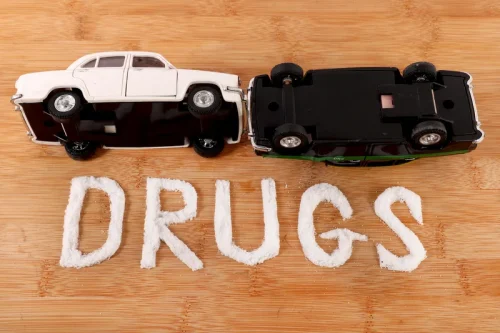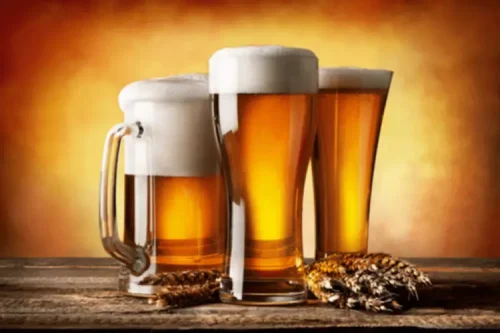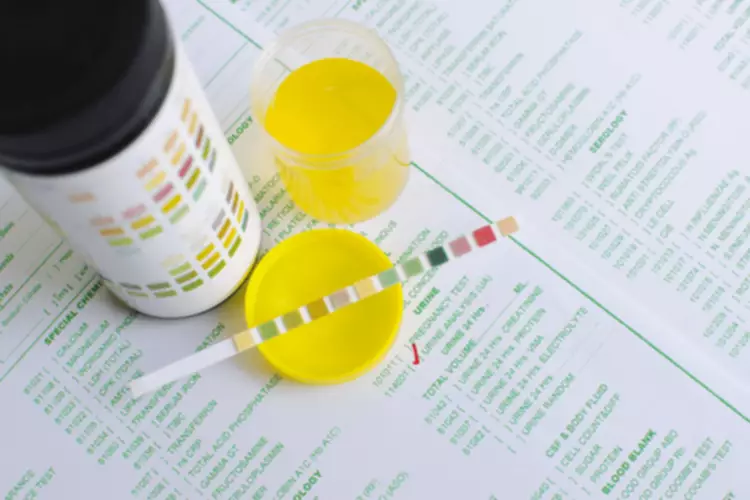
Even though alcohol can lower your inhibitions, it’s also considered a depressant. This means that alcohol can reduce sex drive and impact a person’s ability to maintain an erection. A 2015 study involving 561 students found that children who drank alcohol before sixth grade were more likely to abuse alcohol when they reached ninth grade. It affects more than 14 million adults in the U.S — about 1 out of every 18 people in this age group. Which is to say, mix your alcohol types as much as you want, but if you do make that switch from beer to liquor, make sure you slow yourself down along the way.

Beer Is Just as Intoxicating as Other Alcoholic Beverages

This behavior can be challenging to break without professional help. Lying is a coping mechanism that many alcoholics use to hide their addiction from others. They may feel ashamed or embarrassed about their behavior and fear the judgment of 5 myths about alcohol others. Lying allows them to avoid facing the consequences of their addiction and maintain a sense of control over their lives. Some people believe that if those suffering from addiction simply had better willpower they could quit drinking.
- The 2016 National Drug Strategy Household Survey revealed that 82% of year-olds avoided alcohol.
- After drinking, you could feel not only a hangover but also nauseous and struggle to sleep well due to the impact of alcohol on deep rest.
Myth One: Caffeine (or a Shower) Can Sober You Up
Those suffering from alcoholism who try to drink socially or “have just one” usually fall back into old habits or even into a full-blown relapse. It’s important to have a sober network of people who will not put him or her on a harmful path of self-destruction. If you or someone you love is drinking daily for pain relief, you’ll also likely build up a tolerance, needing more to achieve the same pain-relieving effects. In addition, mixing alcohol and painkillers is downright dangerous, with possibly fatal consequences. But the amount of alcohol you’ll need to drink to relieve chronic pain is likely more than the recommended guidelines for safe alcohol consumption. Also, there may be various genetic factors that come into play as to how individuals react to drinking alcohol and whether they are vulnerable to addiction.

Drugs & Supplements

For women, no more than seven standard drinks per week and no more than three drinks in a 24-hour period are recommended. For men, no more than 14 drinks per week and no more than four drinks in a 24-hour period are recommended. A standard drink is a 12-ounce beer, 5-ounce glass of wine or 1.5 ounces of liquor. Drinking and driving is a risk to your health and the health of your community. We often toast to special occasions, and that glass of red wine may even have health benefits.

Myth: Only people who drink everyday have a problem with alcohol.
If you or someone you love is binge drinking every Friday and Saturday night, it could signal a problem with alcohol. To help prevent hangovers during a night out, drink slowly and on a full stomach, and try to have a glass of water for every alcoholic beverage you consume. Drinking responsibly doesn’t just come down to the amount you consume, but also how you consume it. You may hear a lot of tales around how to make drinking “easier” or “healthier,” but in reality, there aren’t any shortcuts or magic tricks out there.
If you’re aware of the risks, you’re generally fine to drink alcohol in moderation. Overcoming lying in alcoholics requires addressing the underlying causes of the addiction. For example, the Mediterranean diet encourages moderate consumption of red wine, but it also focuses on eating lots of whole plant foods. The National Institute on Alcohol Abuse and Alcoholism (NIAAA) defines binge drinking as a pattern of drinking that brings blood alcohol concentration (BAC) levels to 0.08 g/dL. This typically occurs after four drinks for women and five drinks for men—in about two hours. As you age, you may be more likely to take medication that could enhance the effects of alcohol.
- Drinking responsibly doesn’t just come down to the amount you consume, but also how you consume it.
- It takes about 2 hours for the adult body to eliminate the alcohol content of a single drink, depending on your weight.
- Lying is a coping mechanism that many alcoholics use to hide their addiction from others.
- For the same reasons why you shouldn’t mix alcohol with caffeine, this energy-drink combo can also cause masked intoxication — which can lead to consumption of more alcohol than your body can handle.
- Quitting alcohol abruptly without medical supervision can be dangerous and potentially fatal due to withdrawal symptoms such as seizures or delirium tremens.

